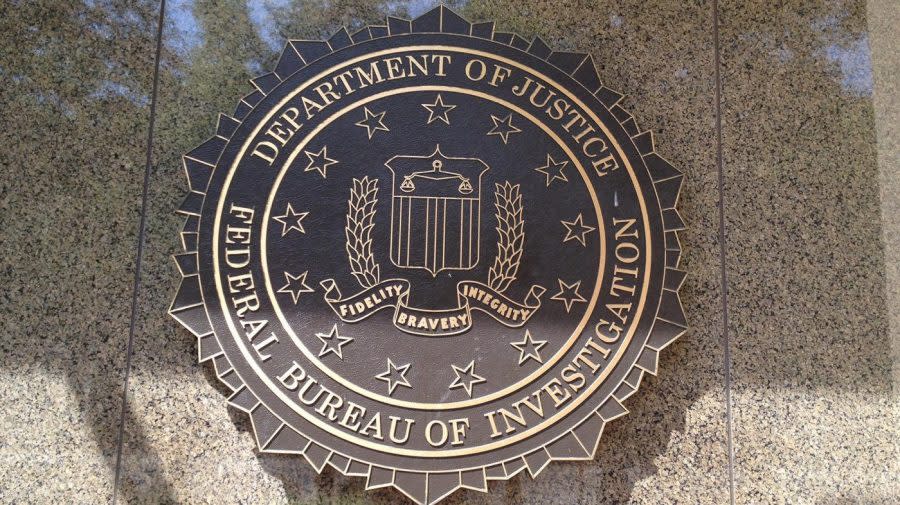DOJ watchdog finds no evidence Trump influenced FBI decision on headquarters site

The Department of Justice’s (DOJ) watchdog arm determined that the FBI’s recommendation to keep its headquarters in its current location – rather than move forward with a plan to build a new facility in a Washington, D.C., suburb – was the result of insufficient funds for the project, not former President Trump’s expressed desire to keep the building in Washington.
“We found no evidence that the FBI’s decision to seek to have its Headquarters remain in its current location was based on improper considerations or motives,” the Office of the Inspector General (OIG) report, published Tuesday, read. “We found that [FBI Director Christopher] Wray testified credibly to the OIG about how he reached the decision independently and not as the result of any external pressure or influence.”
A final decision from the General Services Administration (GSA) on where the new FBI headquarters will be built is expected soon, with the agency’s own preference among various factors under consideration.
No final decision has been made on the location, with both Maryland and Virginia lobbying hard to be the site of the new FBI campus.
The investigation began after congressional committees raised concerns to the OIG about the sudden decision to abandon the planned move from the J. Edgar Hoover (JEH) Building in Washington.
Specifically, they expressed concern that the decision, according to the report, “was the result of then President Donald Trump’s opposition to a suburban location because the JEH site would have been sold to a developer that could have built a hotel to compete with what was then the nearby Trump International Hotel, in which Trump had a financial interest.”
The report found that, even though Trump’s preference not to move the headquarters had been made clear to Wray and others, the ultimate decision was a result of insufficient funds to proceed with a procurement plan for a suburban building.
In the report, investigators cite several FBI witnesses who back up Wray’s claim that Trump was not involved in the decision.
“Wray told us that Trump was ‘not involved’ in Wray’s recommendation, and he did not feel that Trump was trying to ‘steer [him] to a particular outcome,’” the report read.
The report described a 2018 meeting between Trump and officials, including Wray and then-GSA head Emily Murphy. Trump asked Wray and Murphy what they recommended, and, according to the report, “Wray and Murphy told Trump that they thought the best idea was for the FBI to build a new facility in the current location, and Trump expressed support for this plan.”
“Wray told us that he did not feel pressured or bullied by Trump in the meeting,” the inspector general wrote.
Still, Wray told the investigators that Trump had made his position on the matter clear. In his interview for the job of FBI director in 2017, Trump repeatedly raised the issue of the FBI headquarters’ planned move.
“President Trump indicated to him that Trump had ‘tapped the brakes’ on the project because the plan to move the F.B.I. headquarters to the suburbs did not make sense to him,” the report read, adding, “Wray also told us that he was unsure what Trump was referring to, but understood the plan was not proceeding.”
A three-member panel of GSA and FBI employees are evaluating three suburban sites: Greenbelt, Md.; Landover, Md.; and Springfield, Va. Officials from both states have lobbied intensely for the headquarters, which would be a boon for jobs and the local economy.
The GSA said in July it “anticipates making a site selection in the coming months.”
For the latest news, weather, sports, and streaming video, head to The Hill.


